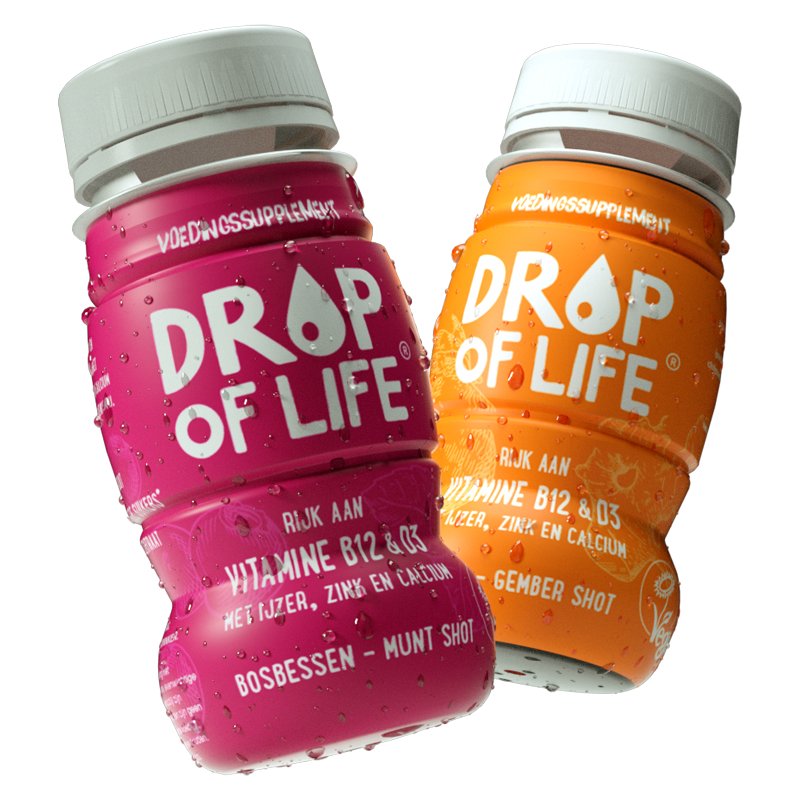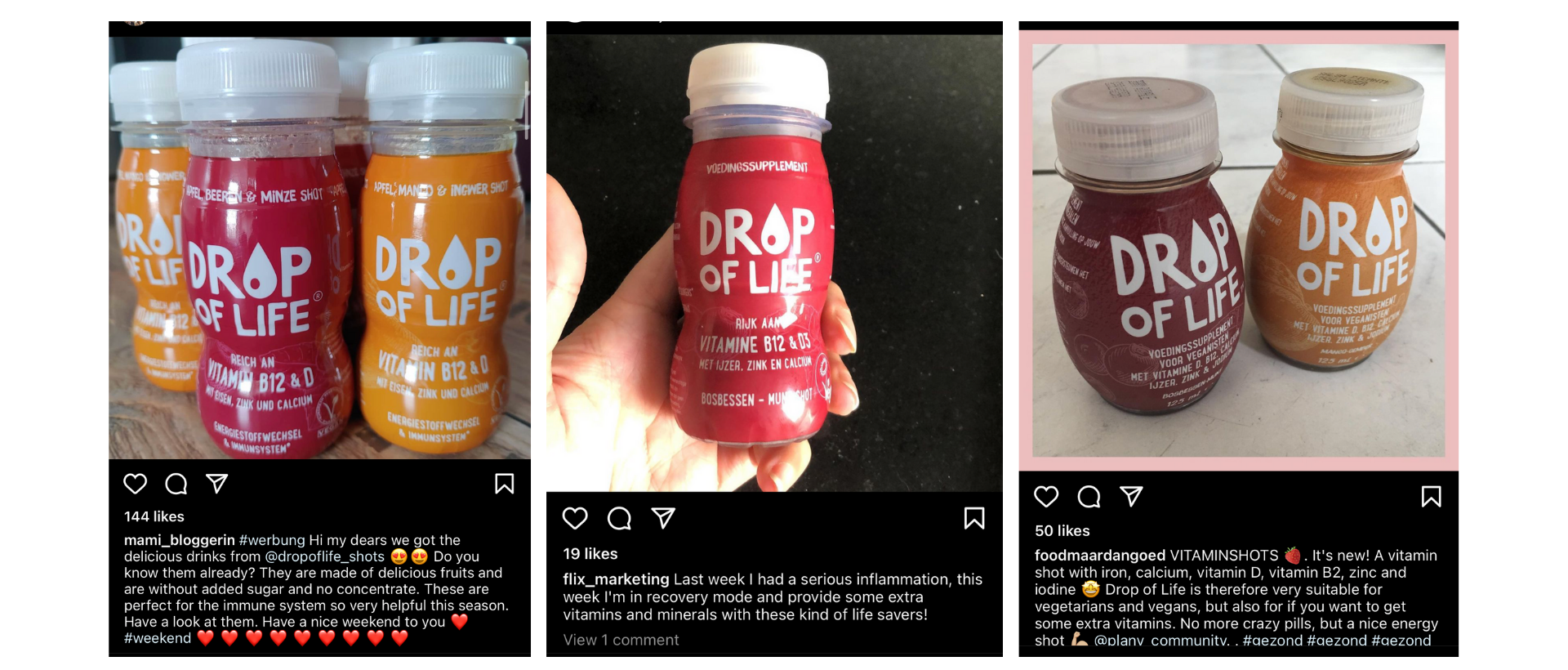.svg)
It’s quite common for vegans, or those following a plant-based diet, to take a number of supplements in order to get the vitamins, such as iron and vitamin B12, that their bodies require to live a healthy life. These usually come in the form of pills or capsules, which can be a chore to take every day.
Nestle’s R&D department had, for some time, been running a project that looked to replace the need for vegans and plant-based eaters to supplement with numerous pills through the launch of a fortified drink. The company had injected a million Euros into research and designing this concept product, but failed to turn the project into a viable, sellable concept.
In the three-month period that followed, we went full steam ahead to revamp, potentially rebrand and accelerate the project.
The 35ml fortified drink Nestle had developed, called Veg4Life, was good but our concern was that vegans count for a tiny proportion of the market. Our first step was, therefore, to scope out the appeal of a fortified food product targeting such a specific customer. So we performed some market research in the form of feasibility and desirability studies. The results not only confirmed our initial thoughts, but revealed that vegans - being well aware of the dietary deficit of a plant-based diet - had already become accustomed to taking pills as a way of life, and were content in doing so.
This, along with the discovery that taking this drink instead of regular supplements would work out more expensive, led us to conclude that there is zero market for this product in the vegan community. It also worked out more expensive to buy this drink than to take pills, so there was no market: it was too expensive for consumers.
We went back to the drawing board and brainstormed how to better position this product in line with Nestle's main goal: to generate sales. The decision was made to go for the huge market of people who are health-conscious and perhaps transitioning for the first time, or even going back to a vegetarian or vegan diet; nailing them at the start of their journey by positioning it as an easy-to-take supplement that will contribute to a healthy lifestyle. In order to hit all levels of consumers within the plant-based community, the product became angled as “a companion for a more plant-based diet". We also recommended that Holland was a great place to start, but the RRP should be lowered in order to attract a community that will support them.

Once our target market was identified, we initiated an online campaign, from Facebook ads and product landing pages to fake door/dry wallet testing. Before long, we noticed that there was a high desirability for this bottle.
We then redesigned the product as Drop of Life, created an entire campaign around it, opened up Facebook community pages, and it gained a lot of followers. The Facebook campaign demonstrated it was an effective way to acquire community members in a short period of time (4 days) and costs €7.57 to acquire a community member. We also saw an active membership of 53.4% and a 2.53 average number of comments per active member.
We also popped into vegan and veggie lifestyle influencers who have a voice in that sphere, with the bottle appearing positively in hundreds of social media posts.

"Innoleaps helped us to validate and launch our new product proposition. They have coached us to acquire the “build-measure-learn” iterative testing skills. The team enjoyed the journey a lot. Innoleaps’ growth hacking was impressive in always finding the latest digital tools to test and learn fast."
Madleen Saboundjian, Innovation Project Leader, R & D at Nestlé
.png)
Get in touch to see how we can help your company realise its innovation ambitions.